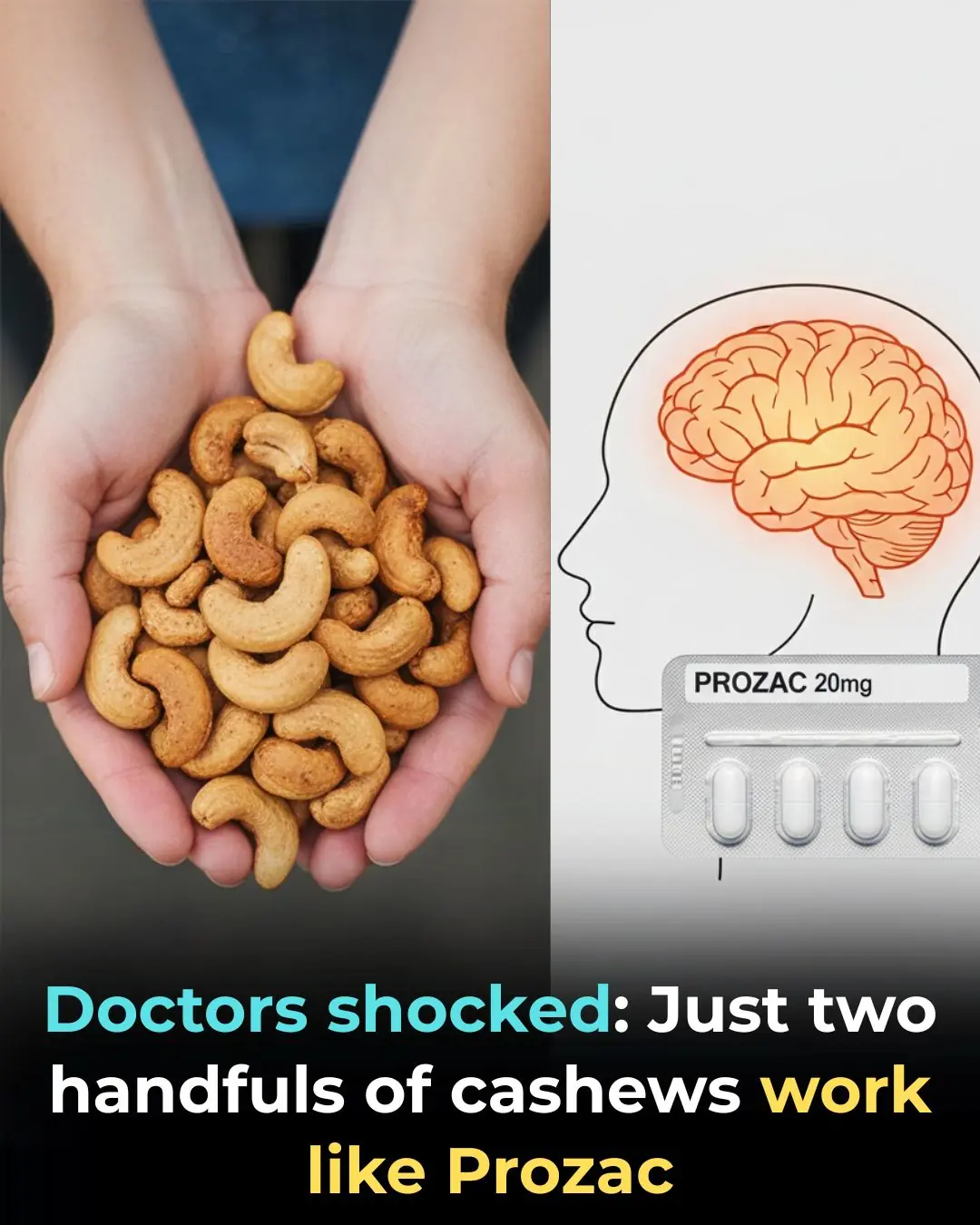
Preventing Stroke At Any Age: 3 “Don’ts” After Meals—And 4 “Don’ts” Before Bed
Imagine waking up and trying to speak, but no words form.
Imagine trying to stand, yet your body refuses to obey.
For millions of people across the world, this isn’t a nightmare — it’s their lived reality after a stroke.
Stroke strikes with terrifying speed and almost no warning. It steals movement, speech, memory, independence — the very things that make life recognizable. And what’s most unsettling is that it often builds silently over years, fueled by small choices we barely think twice about: a late dinner, a skipped walk, a drink to relax before bed.
But here is the hopeful truth that modern science underscores again and again:
Up to 80% of strokes are preventable.
Not with miracle cures.
Not with expensive treatments.
But through simple, strategic changes in your daily routine — especially during two windows of time that have a surprisingly large impact on your brain:
1. The hours right after meals
2. The period just before bedtime
What you do — or avoid — during these hours can shape your long-term brain health. While we may not feel the effects immediately, our bodies respond powerfully: blood pressure rises, inflammation spikes, sugar levels swing, and sleep becomes disrupted. Each of these factors, repeated over time, increases stroke risk.
Groundbreaking research is now revealing that going to bed too late, eating right before sleep, skipping post-meal movement, or drinking alcohol in the evening all significantly increase stroke risk — sometimes by double-digit percentages.
This guide breaks down the 3 major things to avoid after meals and the 4 critical things to avoid before bedtime, all backed by science. Think of this as your daily blueprint for protecting your brain, your body, and your future — no matter your age.
After Meals: The Three Things You Should Not Do
1. Don’t lie down or nap immediately after eating
Feeling drowsy after a meal is normal, but giving in to that urge is risky. Lying down too soon slows digestion, increases reflux, disrupts metabolic balance, and interferes with insulin regulation. Over time, these patterns contribute to high blood pressure, excess weight, and insulin resistance — major stroke risk factors.
Research consistently shows that meal timing affects both sleep quality and cardiometabolic health. The safest window is to wait 2–3 hours between your last meal and any nap or bedtime. This simple habit helps your body digest efficiently, keeps your metabolism stable, and supports heart and brain health.
2. Don’t stay sedentary after meals
Many people finish eating and immediately sit down on the couch or remain seated at a desk. But this sedentary period is one of the most dangerous for metabolic health.
Just 20 minutes of light walking after meals:
-
stabilizes blood sugar
-
lowers blood pressure
-
improves circulation
-
supports healthier digestion
One study found that increasing walking speed was associated with a 13% reduction in stroke risk. Even slow, relaxed walking is beneficial — it keeps blood moving and reduces the sharp glucose spikes that strain blood vessels over time.
3. Don’t drink alcohol right after eating
The post-meal period is not the right time for alcohol. Even moderate drinking increases inflammation, oxidative stress, and damage to vascular cells. Large international studies now show a clear association between moderate-to-heavy drinking and elevated stroke risk — even among people who drink infrequently.
Instead of reaching for a drink, choose:
-
herbal tea
-
warm water
-
digestive-friendly beverages
These support your metabolism rather than stress your vascular system.
Before Bed: The Four Things You Should Avoid
1. Don’t eat dinner too late (especially after 9 p.m.)
Late dinners disrupt your body’s circadian rhythm — the natural cycle governing metabolism, digestion, and hormonal balance.
A major study of 103,000 adults (NutriNet-Santé) found:
-
Eating dinner after 9 p.m. = 28% higher risk of cerebrovascular disease (including stroke)
-
Each hour of delayed dinner or breakfast increased cardiovascular risk
Eating earlier allows your body to process food, stabilize blood sugar, and prepare for restful sleep, all important for protecting your arteries and brain.
2. Don’t go to bed late or change your bedtime frequently
Your brain and vascular system rely on consistent sleep patterns. Irregular sleep schedules — even if total hours are the same — significantly increase the risk of both stroke and heart attack.
Research following more than 72,000 adults found:
-
Sleeping <5 hours/night increases stroke risk by ~33%
-
Sleeping >9 hours/night increases risk by ~71%
The sweet spot is 7–9 hours nightly, with a stable bedtime and wake time — even on weekends. Consistency supports blood pressure stability, healthy hormones, and proper overnight repair of vascular tissue.
3. Don’t drink alcohol close to bedtime
Alcohol is deceptive: it may help you fall asleep fast, but it drastically reduces sleep quality. It causes dehydration, increases nighttime awakenings, disrupts REM sleep, elevates inflammation, and destabilizes blood pressure — a dangerous combination for long-term vascular health.
Eliminating evening alcohol is one of the quickest ways to improve sleep and reduce stroke risk.
4. Don’t consume caffeine or heavy meals late in the evening
Caffeine lingers in your system for hours, interfering with your ability to fall asleep and stay asleep. Heavy or spicy meals increase reflux, raise nighttime heart rate, and cause awakenings — all of which stress the cardiovascular system.
Experts recommend:
-
No caffeine after mid-afternoon
-
Dinner at least 3 hours before bedtime
-
Avoiding large, high-fat, or spicy meals at night
-
Limiting liquids 1–2 hours before sleep
Good sleep hygiene is a powerful stroke prevention tool.
Why These Habits Matter: The Science Behind the Advice
1. Circadian rhythm controls metabolism
Your internal clock regulates blood pressure, glucose, metabolism, and inflammatory responses. Eating or sleeping at irregular times disrupts this clock, leading to insulin resistance, nighttime blood pressure spikes, and chronic inflammation — all closely linked to stroke.
2. Sleep quality directly influences stroke risk
Symptoms like snoring, fragmented sleep, and irregular sleep timing increase stroke risk severalfold. Obstructive sleep apnea is especially dangerous, tripling stroke risk for men. Proper sleep helps repair blood vessels, regulate hormones, and stabilize cardiovascular function.
3. Lifestyle choices work together
These habits enhance the impact of other evidence-based prevention strategies:
-
controlling blood pressure
-
avoiding tobacco
-
reducing sodium
-
eating a Mediterranean-style diet
-
maintaining a healthy weight
-
exercising regularly
Consistent lifestyle habits are proven to be the most effective method for preventing both first-time and recurrent strokes.
A Practical Daily Routine to Protect Your Brain
Morning & Afternoon
-
Wake up and eat breakfast early (before 9 a.m.)
-
Choose whole, nutrient-dense foods
-
Limit sodium to 1,500–2,300 mg/day
-
Get at least 150 minutes of moderate exercise weekly
After Meals
-
Wait 2–3 hours before lying down
-
Walk for 20 minutes after each meal
-
Avoid alcohol; choose non-alcoholic, calming drinks
Evening / Pre-Bedtime
-
Finish dinner by 8–9 p.m.
-
Avoid caffeine after mid-afternoon
-
Skip alcohol before bed
-
Eat light at night
-
Maintain a consistent sleep schedule
-
Limit fluids before bedtime
These habits may seem small, but together they support proper metabolism, healthy blood pressure patterns, and stable sleep — three major pillars in stroke prevention.
Final Tips for Lifelong Protection
-
Introduce habits gradually — one at a time
-
Keep your sleep schedule consistent, even on weekends
-
Choose alcohol-free beverages when socializing
-
Track meal and sleep times to build rhythm awareness
-
Focus on long-term consistency, not perfection
By following these research-supported “3 after-meal don’ts” and “4 before-bed don’ts,” you strengthen your cardiovascular system, protect your brain, and significantly reduce your risk of stroke — at any age.
Stay informed, stay consistent, and remember:
The habits you build today can protect your brain for decades to come.
News in the same category


7 tips to eliminate dangerous blood fat
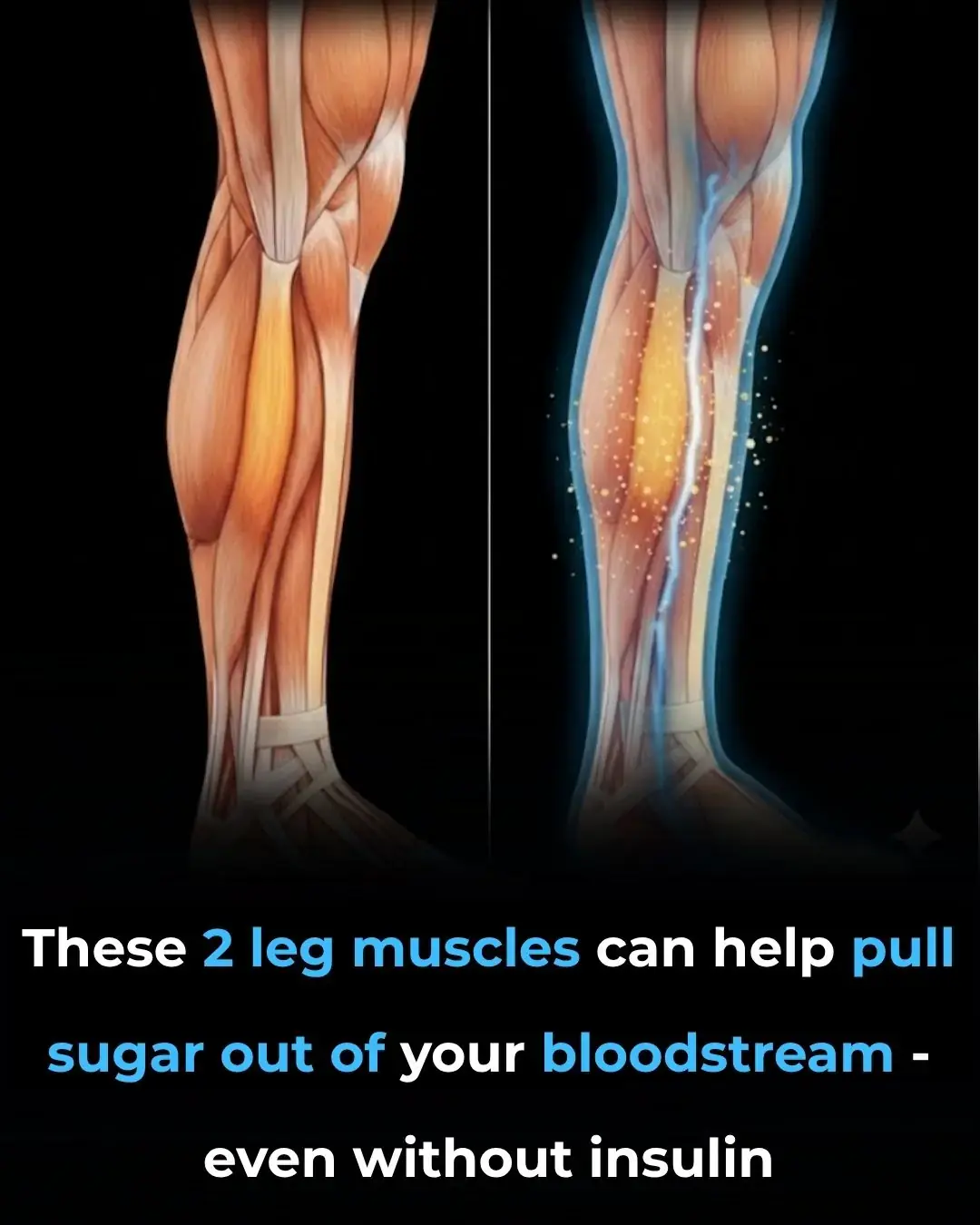
Lower blood sugar naturally by training just 2 leg muscles
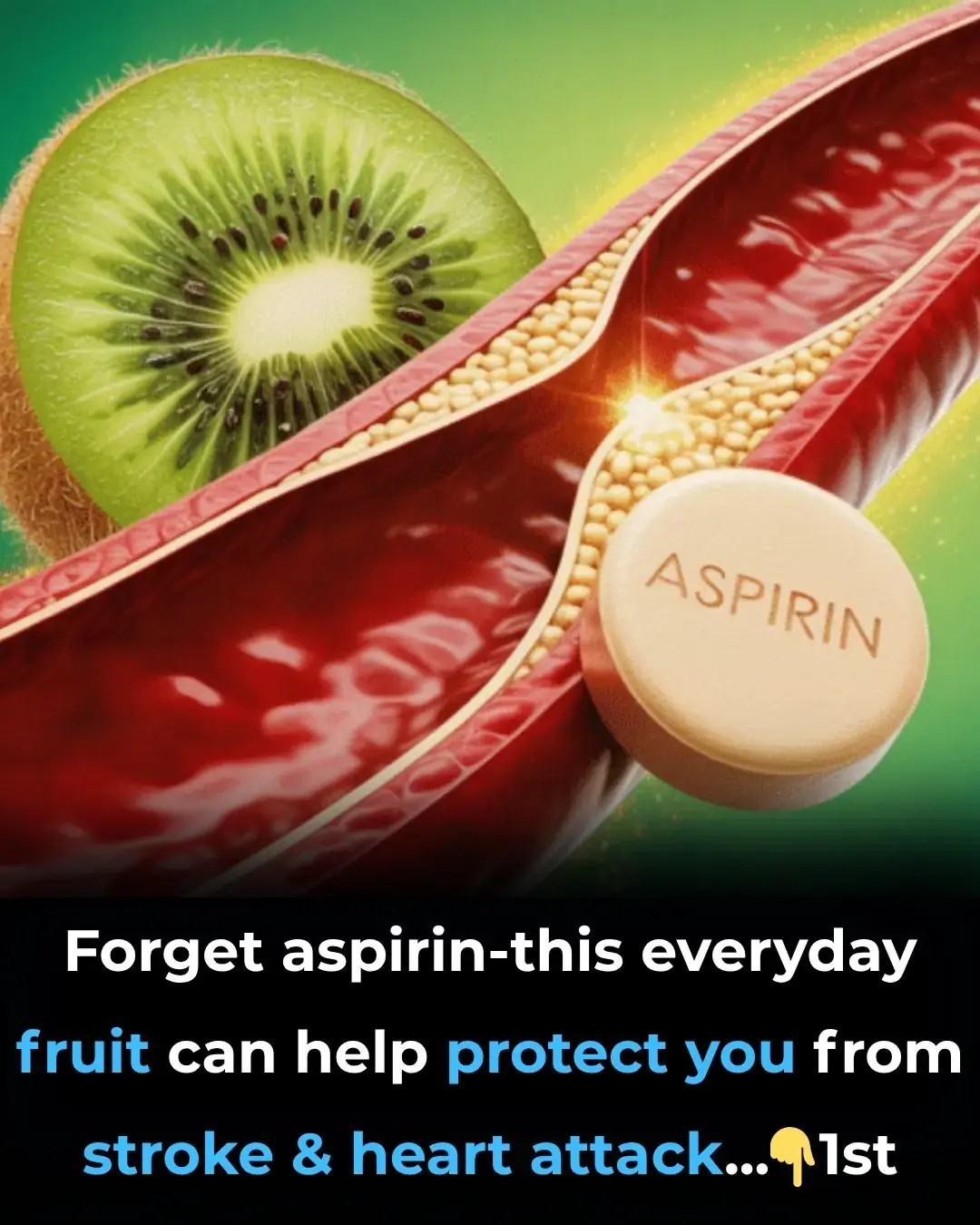
Forget aspirin—this everyday fruit can help protect you from stroke and heart attack
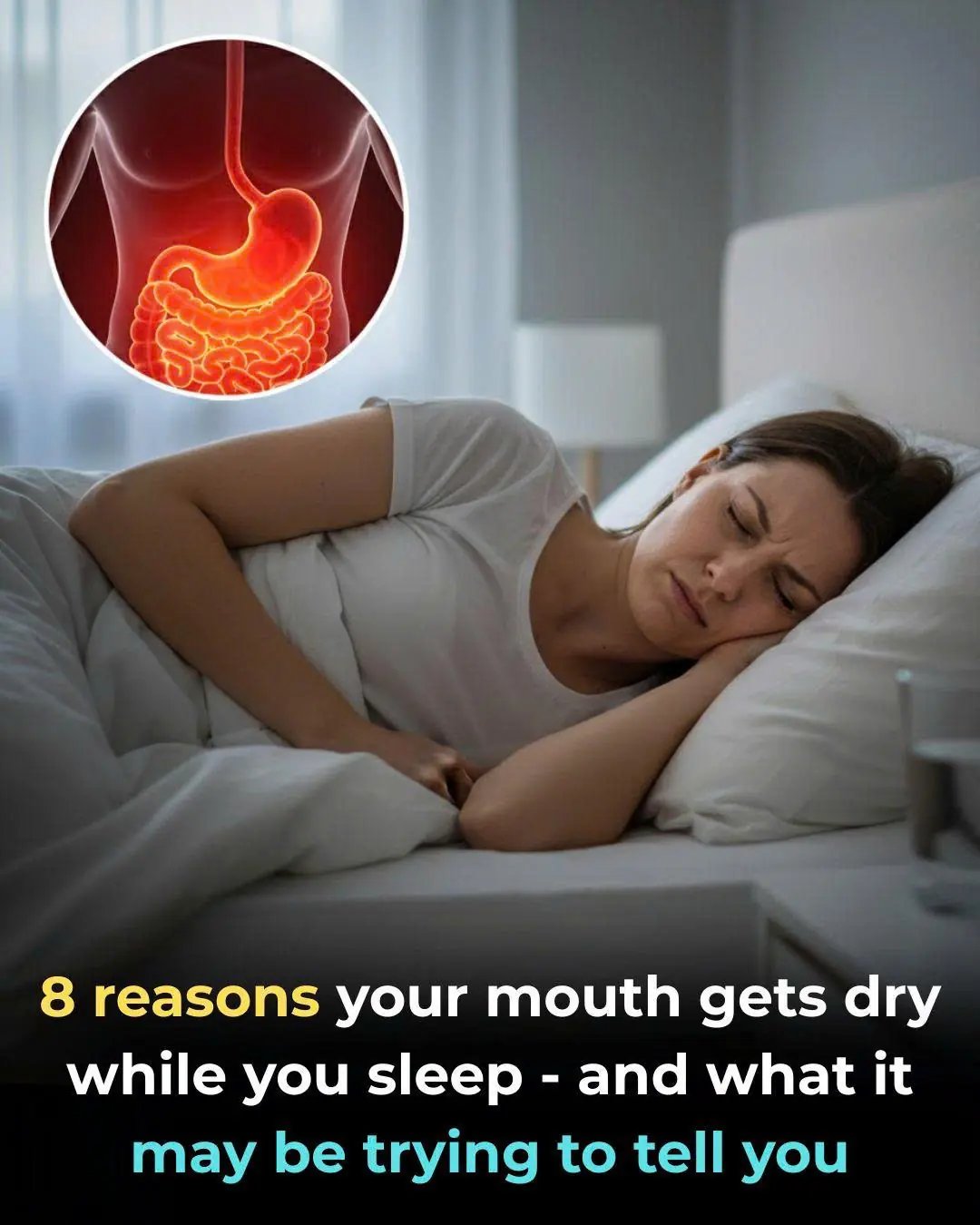
People whose mouths feel dry when sleeping at night need to know these 8 reasons

Nerve Pain Relief? The Vitamin Deficiency You Never Suspected!
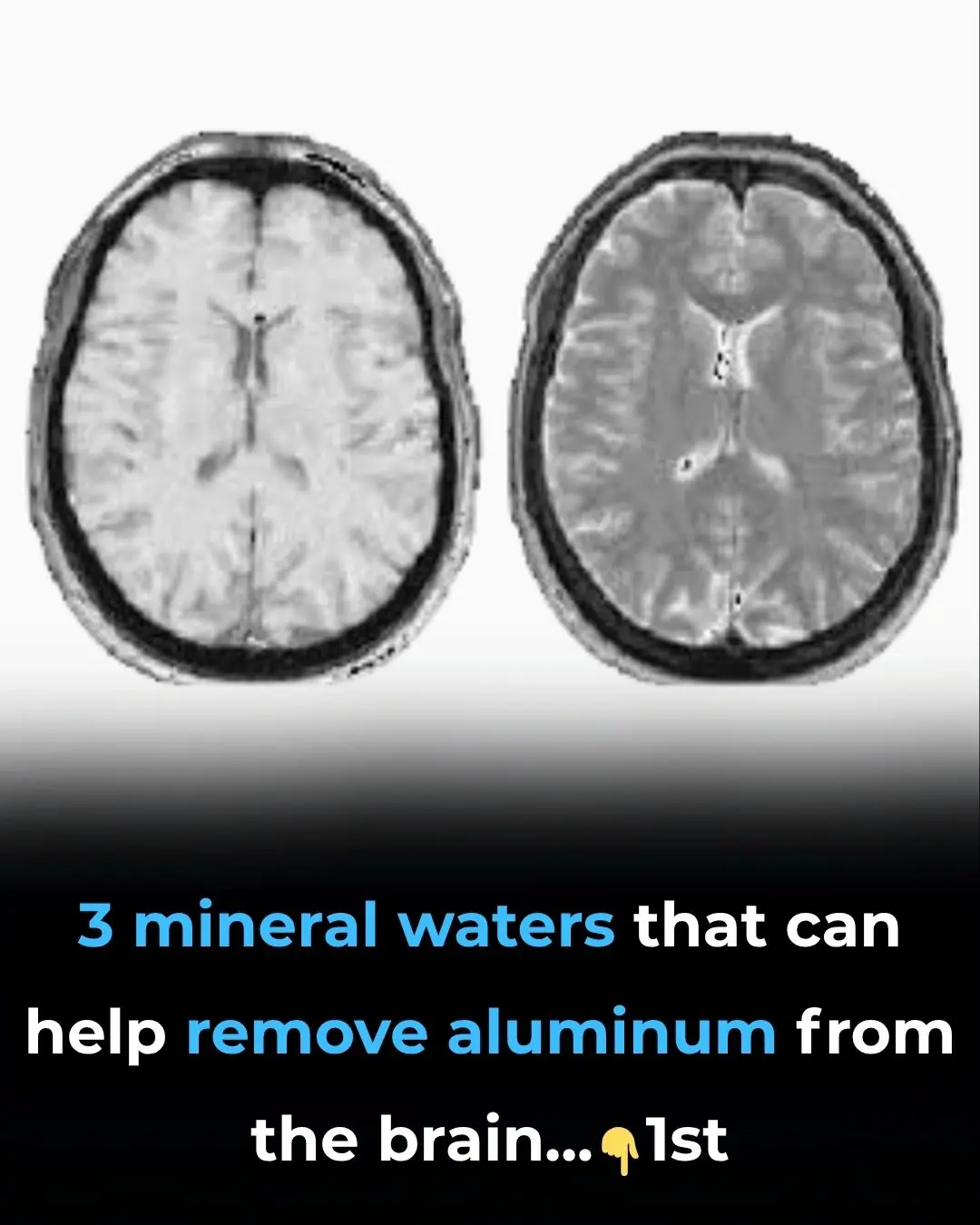
3 Mineral Waters That Can Help Remove Aluminum From The Brain

Say Goodbye to Swelling: Natural Ways to Beat Water Retention Fast!
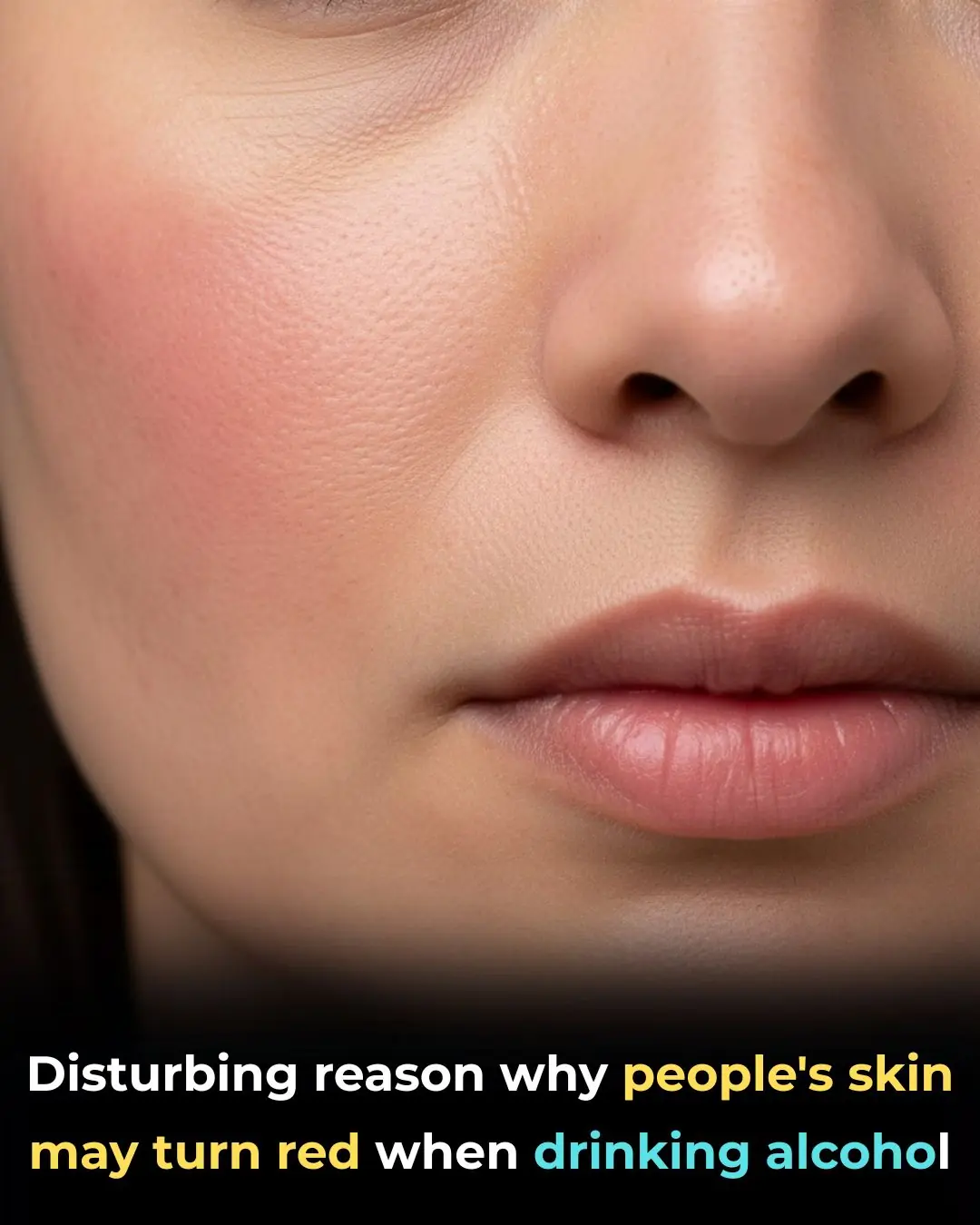
Why Some People’s Skin Turns Red When Drinking Alcohol
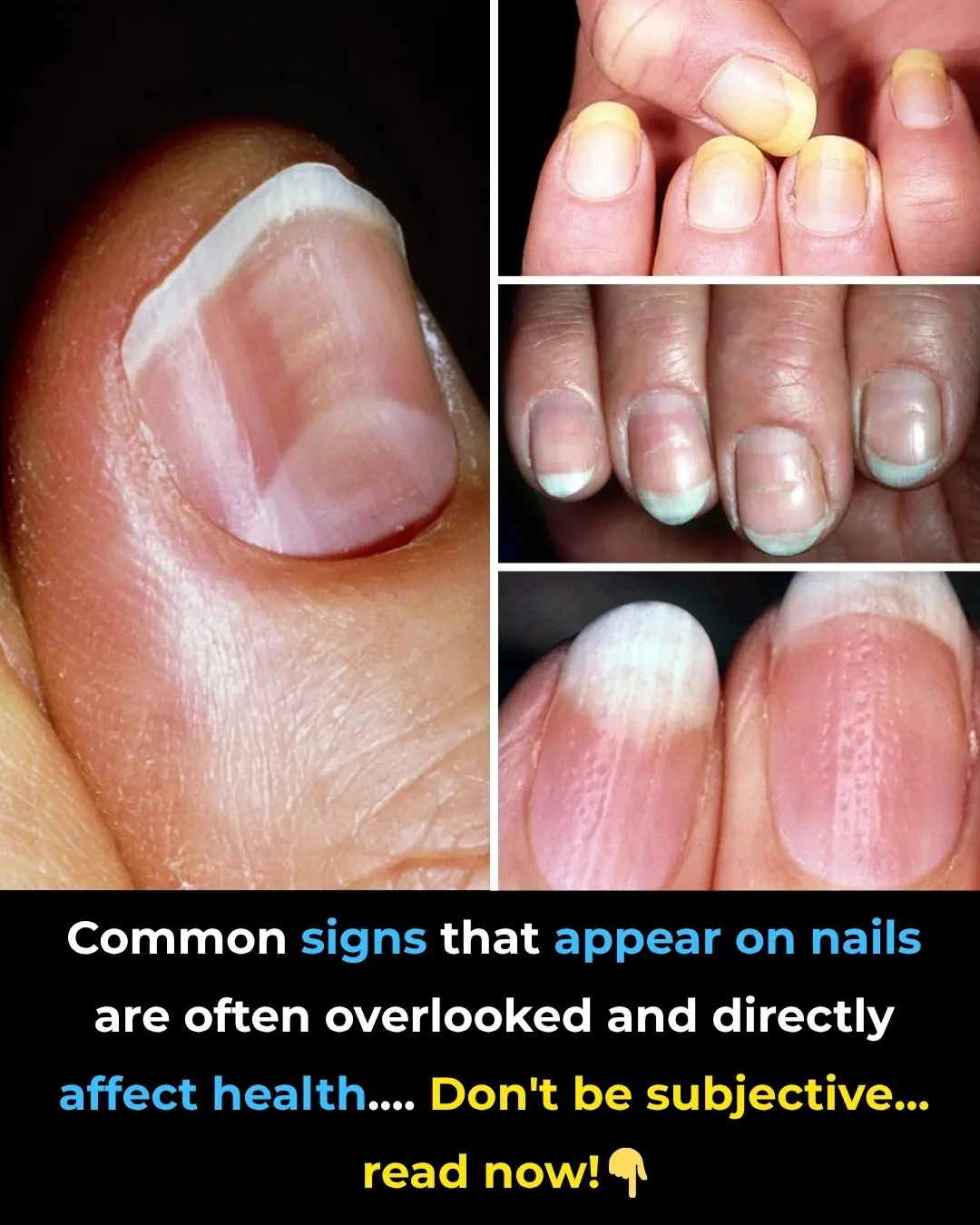
What Your Nails Reveal About Your Health: Hidden Signs You Shouldn’t Ignore

The #1 reason to drink lemon water daily (and the mistakes that ruin it)

Maintain Your Thyroid in Top Condition with This Juice
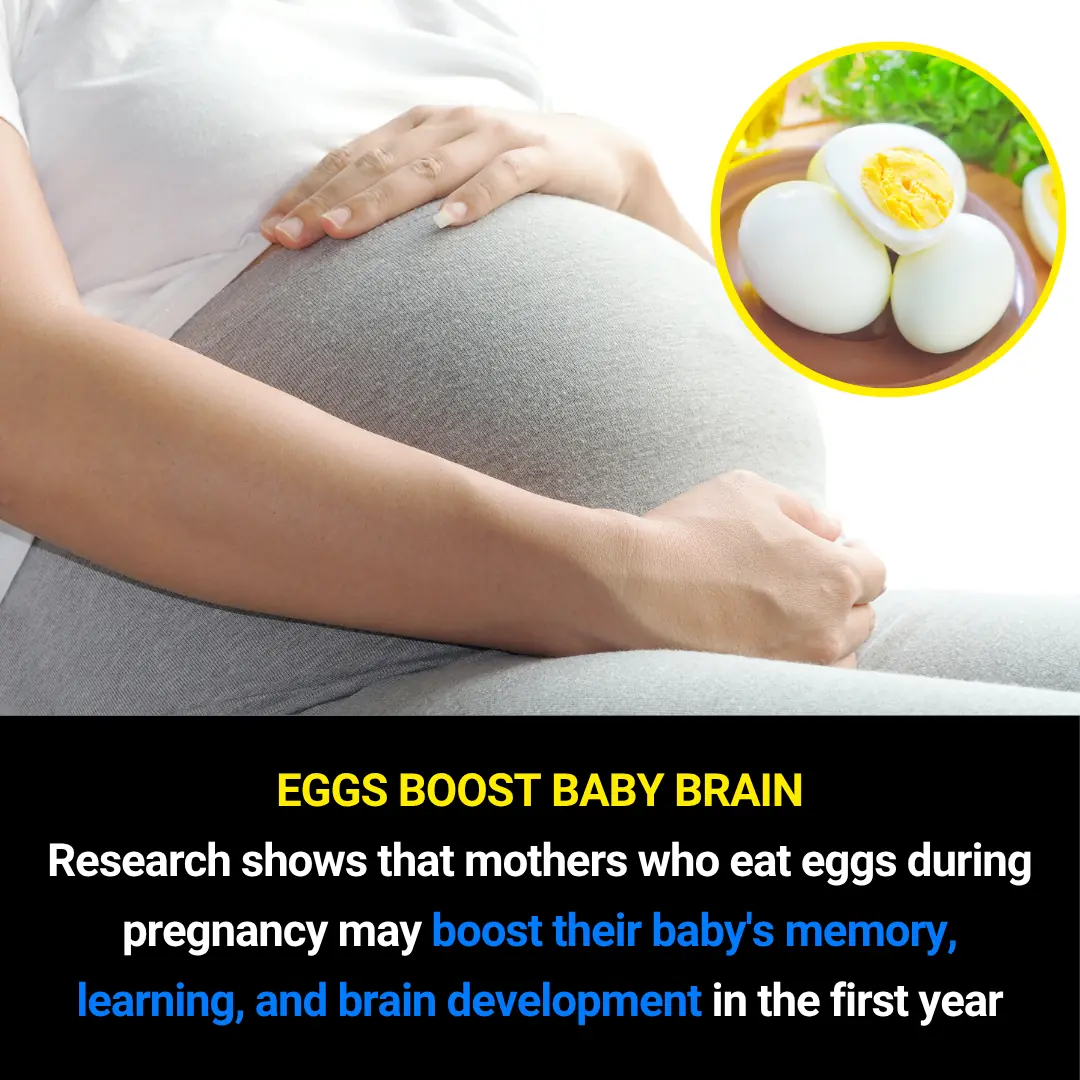
Eggs in Pregnancy: How They Can Supercharge Your Baby’s Brain Development

Scientists Achieve Breakthrough in Reversing Human Skin Cell Aging by 30 Years: A New Era for Anti-Aging and Regenerative Medicine
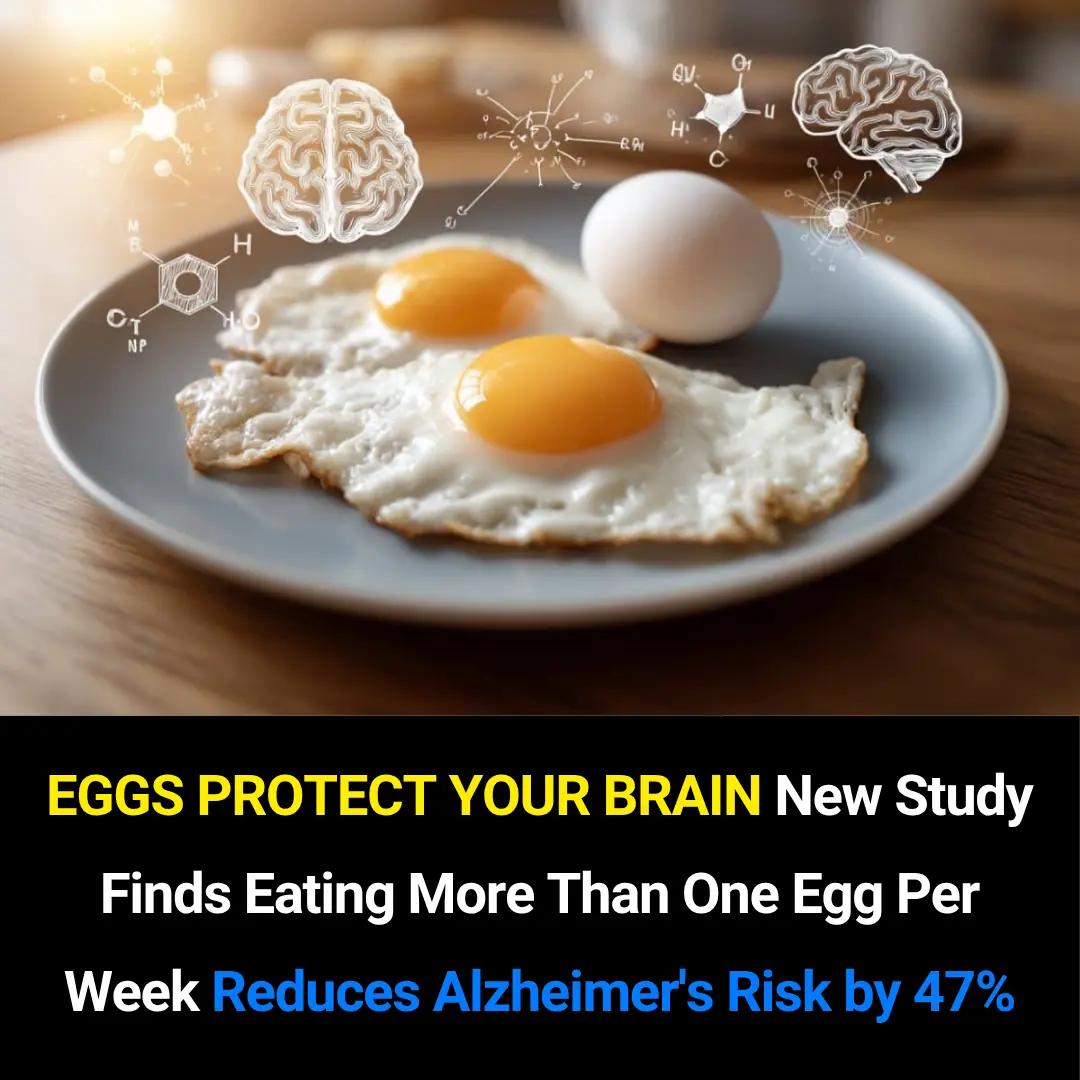
Eating Eggs Weekly May Reduce Alzheimer’s Risk by 47%: What New Research Reveals
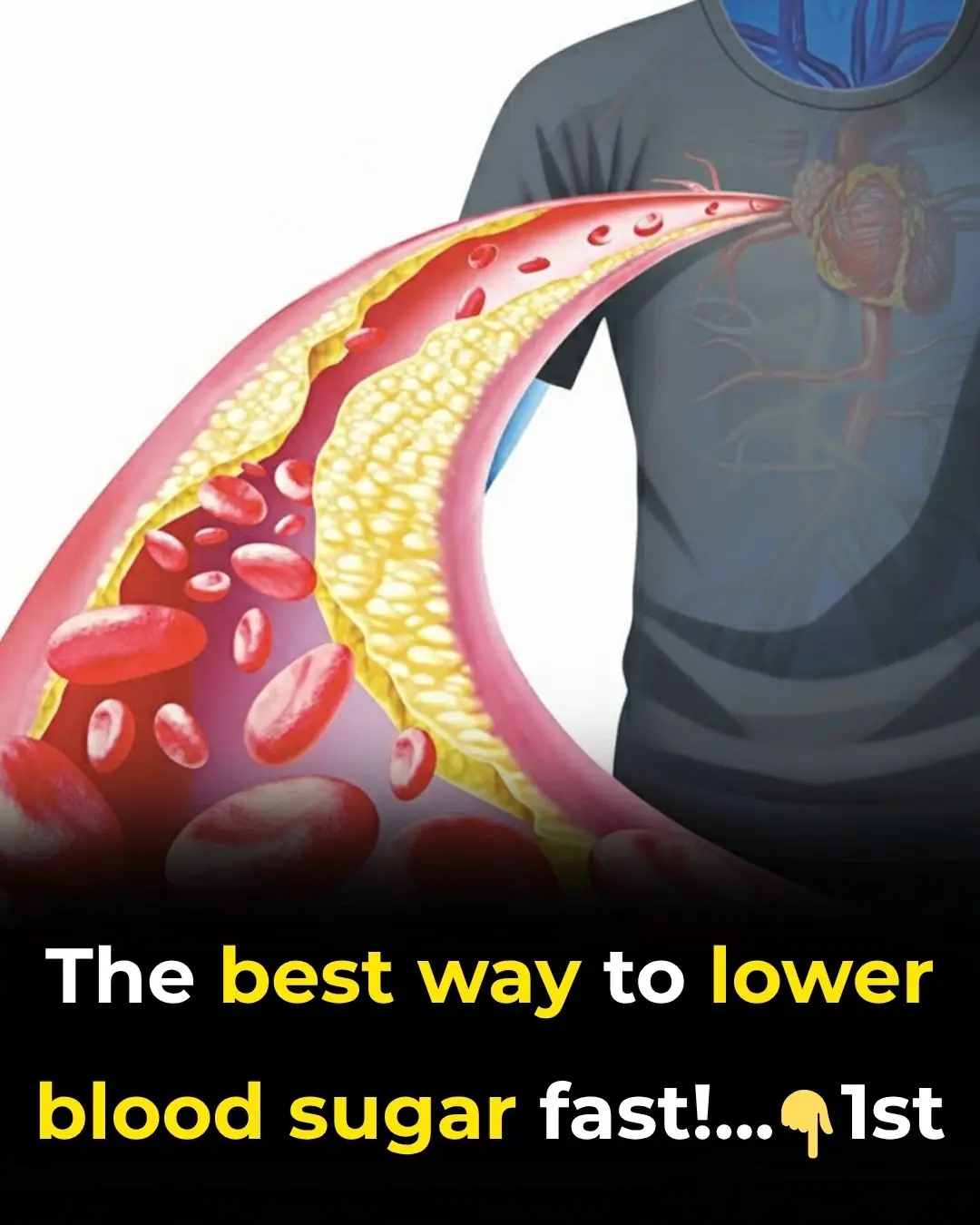
The best way to lower blood sugar fast!

Signs of pancreatic cancer you should never ignore
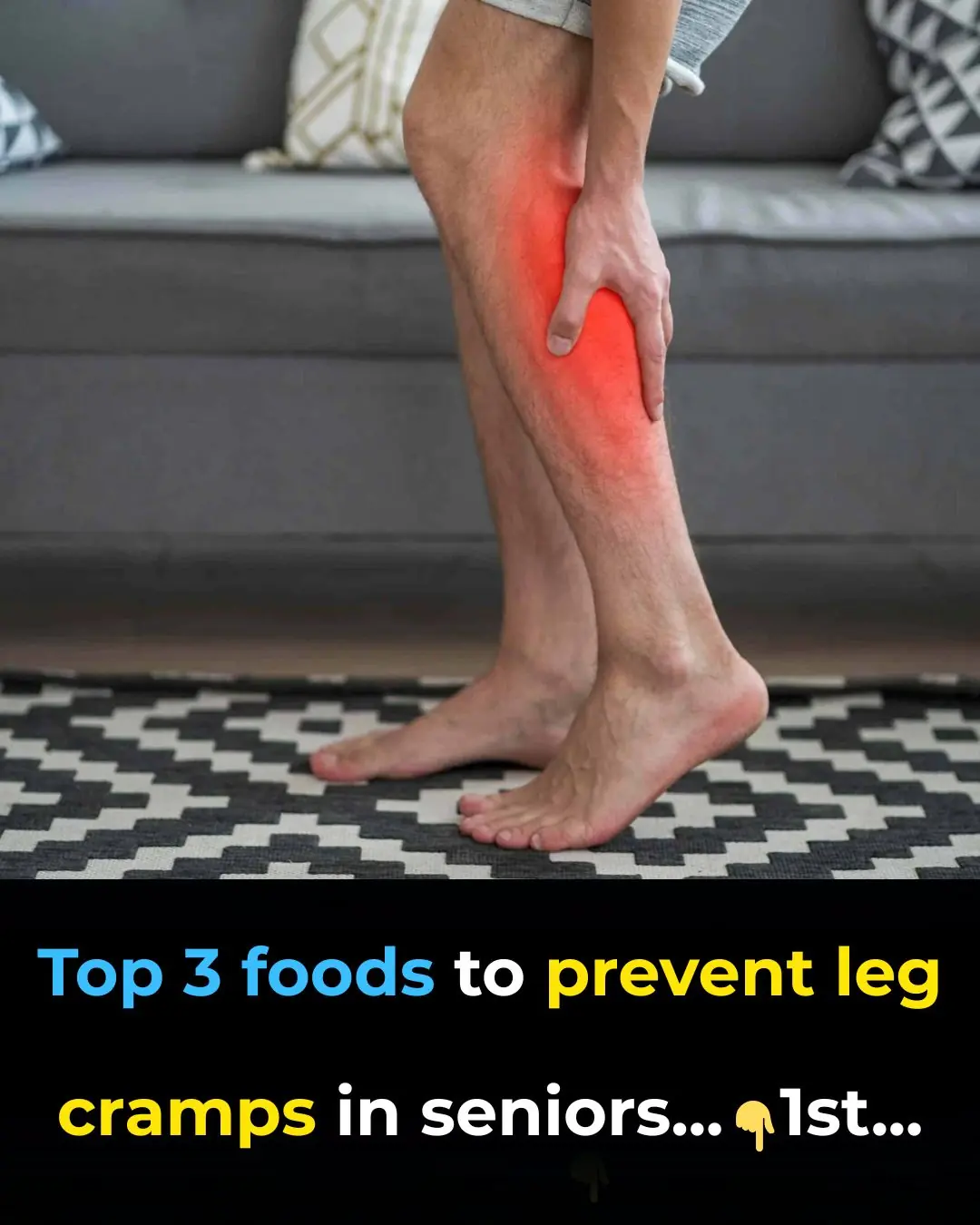
Top 3 Foods to Prevent Leg Cramps in Seniors: Strengthen Your Legs Naturally!

5 Herbs Your Liver Wished You’d Start Eating More Often (Or At Least Try!)
News Post

2 Handfuls of Cashews is The Therapeutic Equivalent of a Prescription Dose of Prozac

7 tips to eliminate dangerous blood fat

Lower blood sugar naturally by training just 2 leg muscles

Forget aspirin—this everyday fruit can help protect you from stroke and heart attack

The Powerful Medicinal Benefits and Uses of Senna alata

The Real Power of Dandelion Is in the Root

The Surprising Benefits of Boiled Bay Leaves and Cloves: A Natural Elixir for Wellness

People whose mouths feel dry when sleeping at night need to know these 8 reasons

Ariana Grande gives shocking update on music career after ‘Wicked: For Good’

Controversial I'm A Celeb star Ruby Wax's changing face

MAFS UK's Abi issues emotional relationship status update

The “Hand of God” Technique: How a Simple Gesture Brought Humanity Back Into Isolated Hospital Rooms

Ant McPartlin's tattoos explained – from meaningful inking to poignant tribute
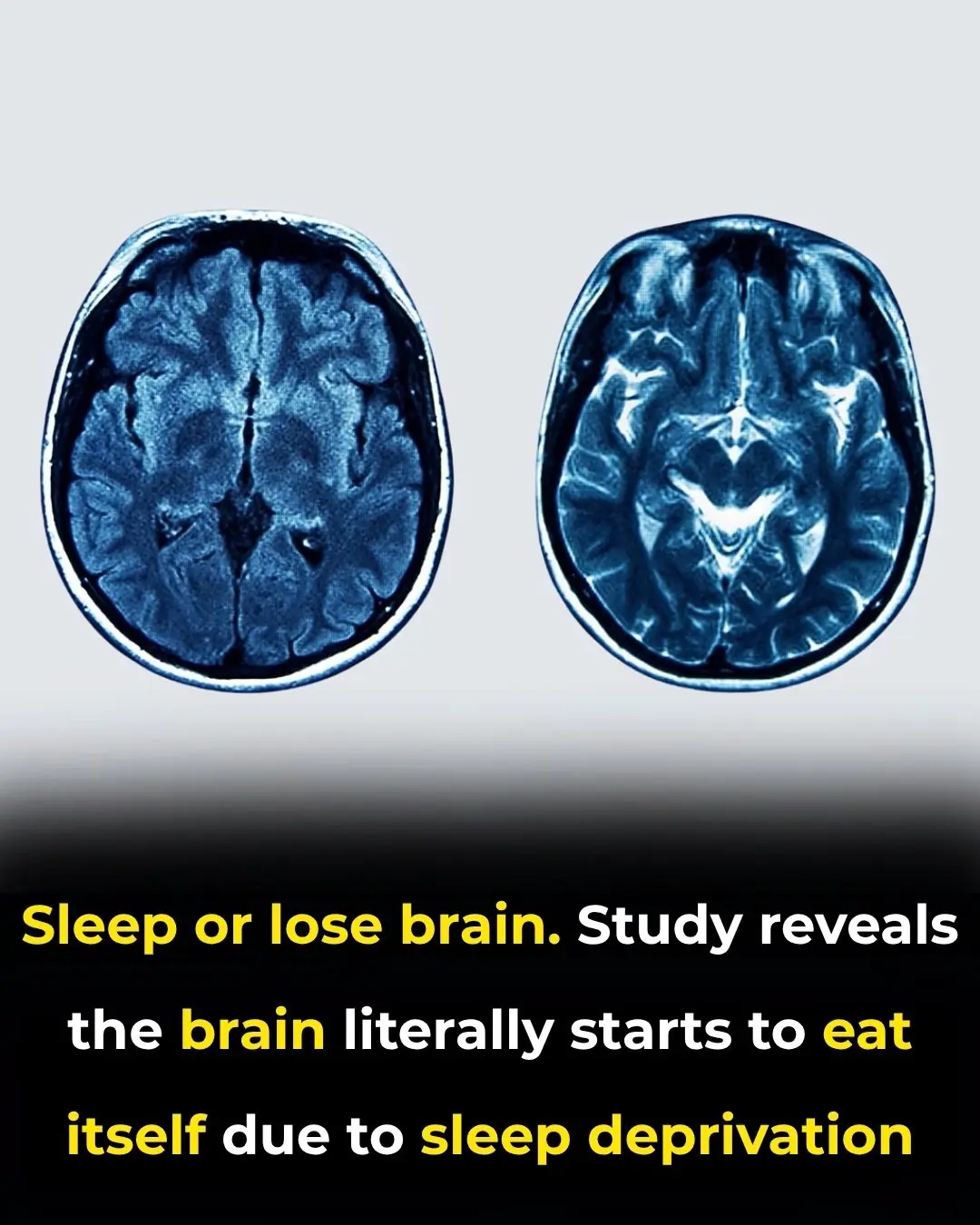
When the Brain Begins to Consume Itself: The Hidden Costs of Chronic Sleep Loss
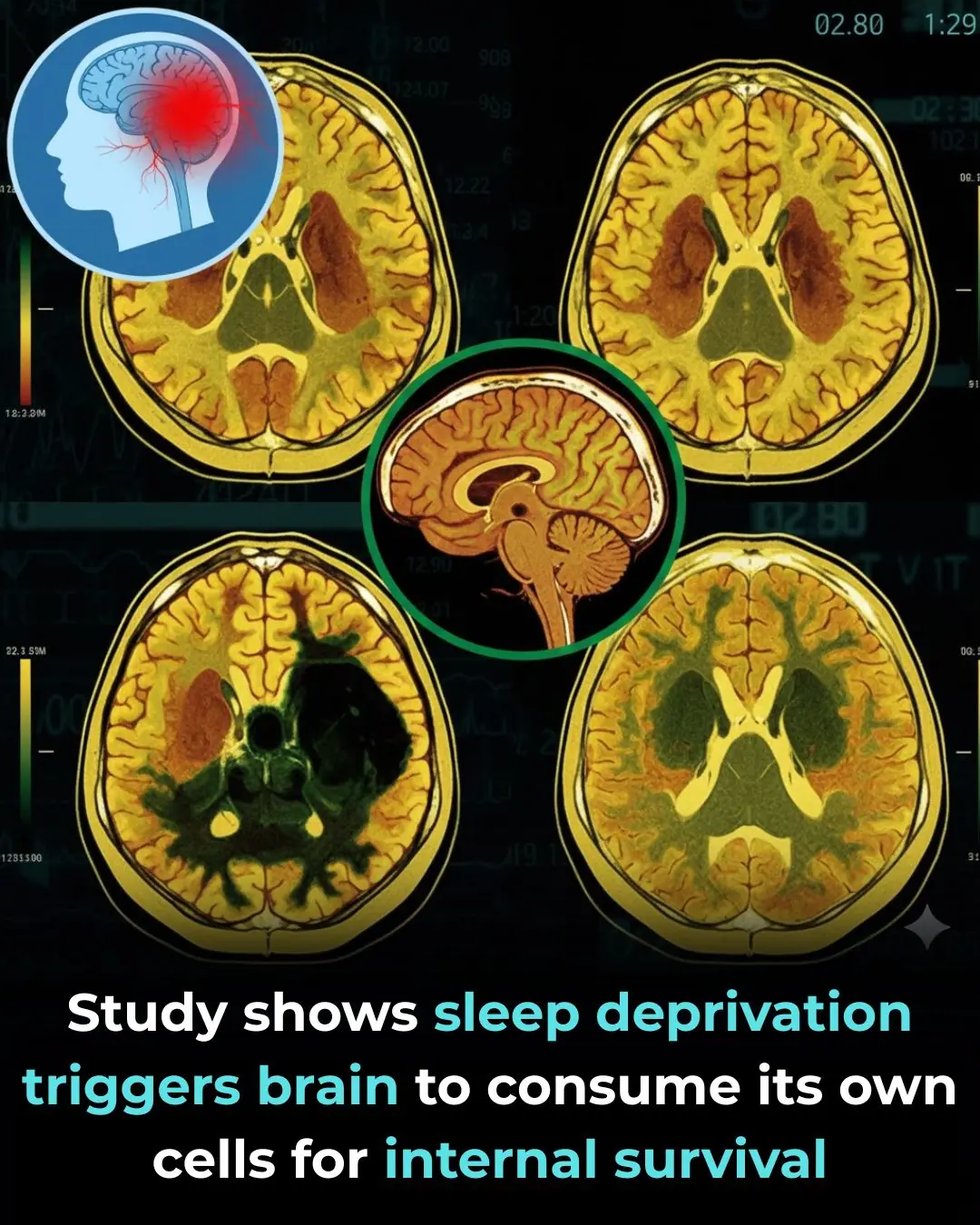
When the Brain Eats Itself: The Hidden Damage Caused by Lack of Sleep

From Self-Marriage to Self-Divorce: Suellen Carey’s Viral Journey of Self-Love

Kerry Katona undergoes corrective boob surgery as she gushes over beau Paolo's support

How Rose Essential Oil May Reshape the Brain: A Deep Dive Into a Surprising New Study
